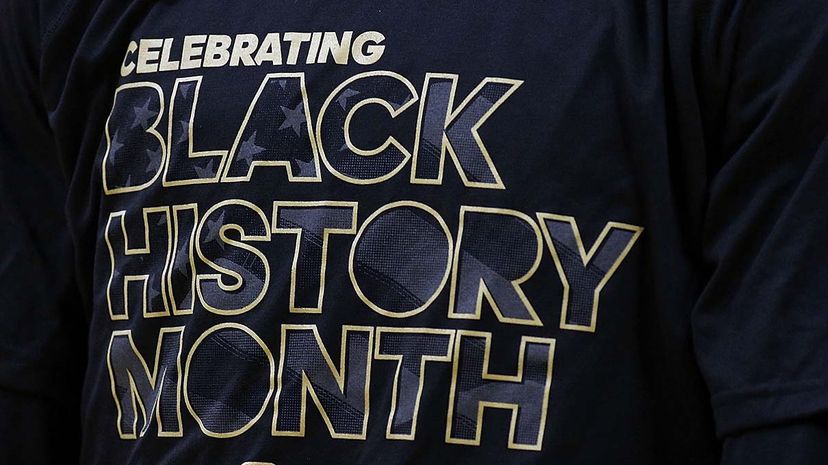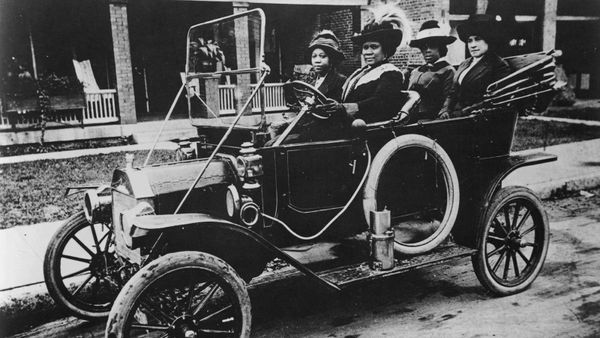We owe the celebration of Black History Month to Woodson, who made it his life's work to increase public awareness of Black history and culture. Known as the father of Black history, this son of former enslaved people worked his way out of the Kentucky coal mines to became a Harvard-educated historian and journalist. Disheartened to discover that history books excluded the Black experience in American life beyond ways that portrayed Black people as socially inferior, he took on the challenge of writing a proud and true Black history into America's national consciousness.
Woodson believed that, "those who have no record of what their forebears have accomplished lose the inspiration which comes from the teaching of biography and history." With that in mind, in 1915, he founded the Association for the Study of African American Life and History (ASALH) and the seminal Journal of Negro History in 1916. In February 1926, he introduced the celebration of Negro History Week as a way to shine a light on the myriad contributions of Black people throughout American history.
Woodson and the ASALH chose the second week in February to launch Negro History Week because it coincided with the birthdays of Abraham Lincoln, whose 1863 Emancipation Proclamation ended slavery, and of Frederick Douglass, the former enslaved man turned social reformer who became a national force in the abolitionist movement. Other February events of historical merit included the birth of Civil Rights icon W. E. B. Du Bois and the passing of the 15th Amendment on Feb. 3, 1870, which gave Black people the right to vote.
The notion of expanding Negro History Week to a month evolved over the decades leading up to and during the Civil Rights Movement of the 1960s. Freedom Schools in the South incorporated Negro History Week into curricula and by the mid-1960s many colleges and universities across the country began to transform the weeklong event into a monthlong celebration on their campuses. Leaders of the Black United Students organization at Kent State University proposed expanding it to a month, and in 1970 they celebrated Black History Month for the first time on their campus. By the time President Ford made it a national observance in 1976, many mayors had already endorsed it as a municipal celebration.
Each iteration of the event since its inception in 1926 has had a specific theme as stated by the Association for the Study of African American Life and History.


